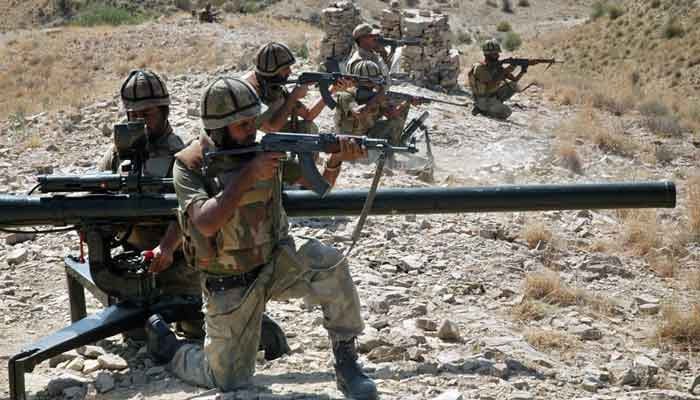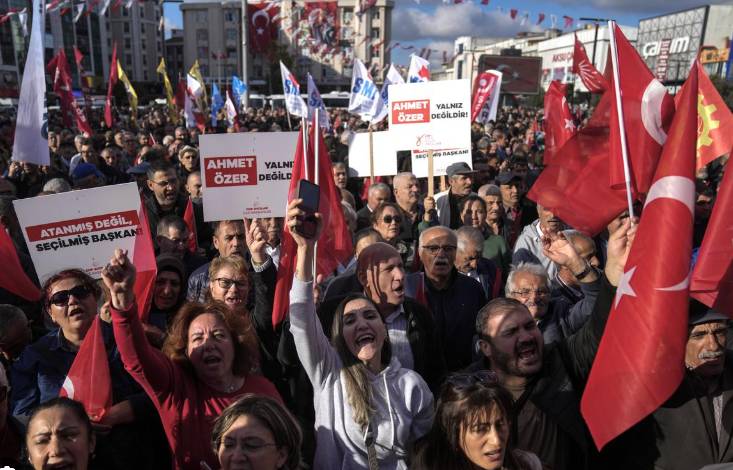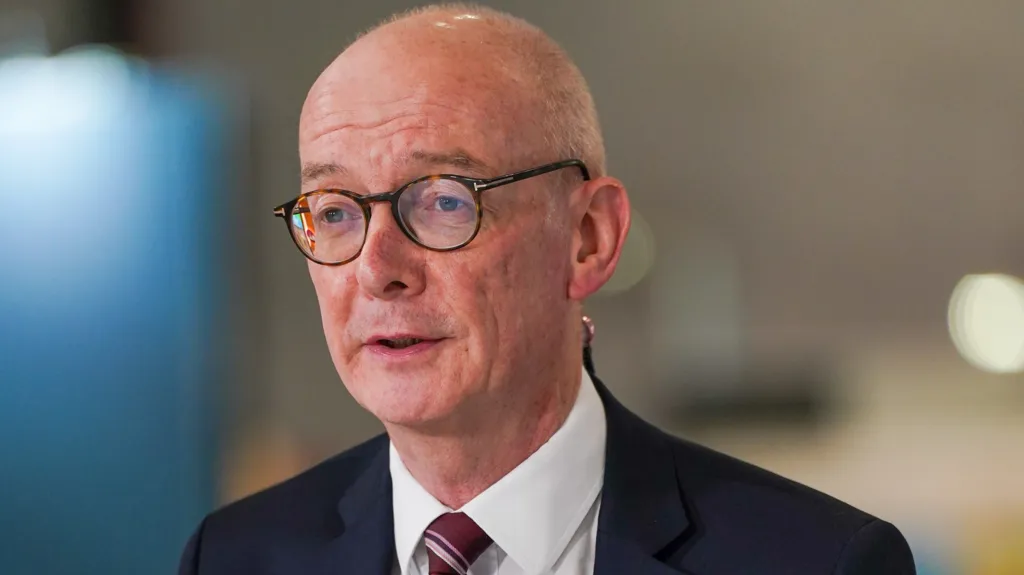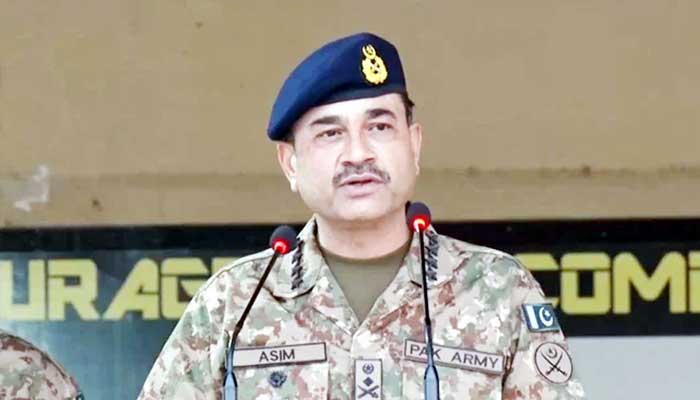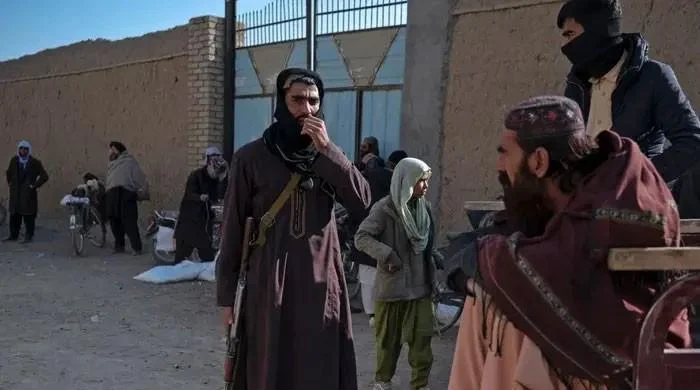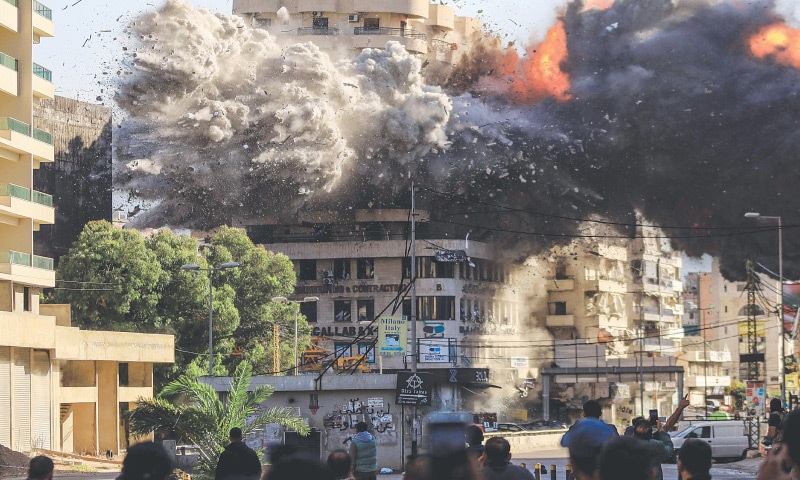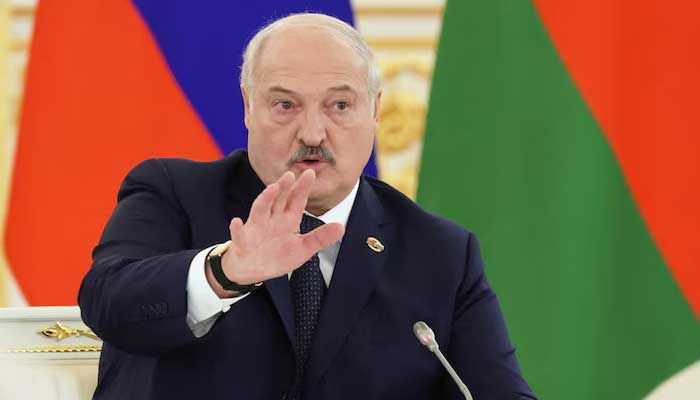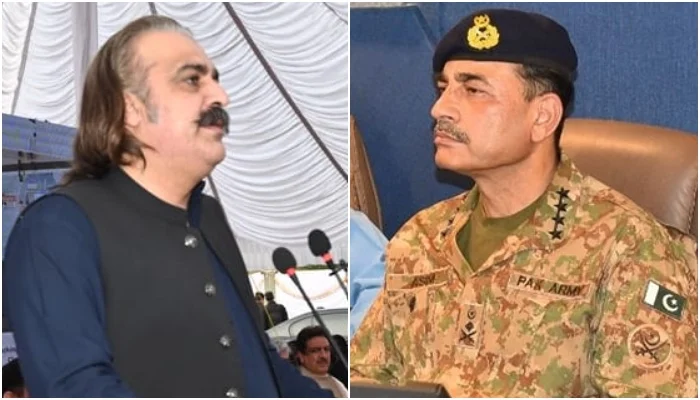Timely action of the security forces saved Rawalpindi from a major sabotage as three terrorists were killed during an intense gunfight with the Counter-Terrorism Department (CTD) personnel during an intelligence-based operation near Chakri, Rawalpindi while two escaped.
Punjab police CTD launched an IBO to arrest the terrorists, a CTD spokesperson said, adding that during the raid, the militants opened fire on the CTD team. The spokesperson said the terrorists were killed in firing by members of their own group.
“Explosive material, suicide vests, safety fuse wires, rifles, IEDs, and ammunition were recovered from the possession of the terrorists,” the spokesperson said, adding that the forces started a search operation to track down the absconding terrorists after cordoning off the area near Chakri.
The CTD has confirmed that the killed militants were planning a major attack in Rawalpindi, adding that their identities are yet to be verified.
Security forces’ operation comes after an alert issued by the National Counter-Terrorism Authority (NACTA) about potential terrorist activities by Fitna al-Khawarij.
In the alert, the authority had warned of potential terrorist actions by Fitna al-Khawarij during the Pakistan Tehreek-e-Insaf’s (PTI) protest scheduled for November 24. NACTA cautioned that the terrorist group might target major cities.
Hours ago, the security forces killed three terrorists in two separate engagements in Khyber Pakhtunkhwa on November 21-22, according to a statement issued by the Inter-Services Public Relations (ISPR) on Saturday.
According to the military’s media wing, an IBO was conducted by the forces in the Bara area of the Khyber district. During the operation, troops effectively engaged the terrorists’ location, resultantly killing two militants — Haqyar Afridi also known as Khyberay and Gulla Jan.
“In another incident, the movement of a group of Khwarij, who were trying to infiltrate through the Pakistan-Afghanistan border, was picked up by the security forces in South Waziristan District,” said the ISPR.
It added that troops effectively engaged and thwarted their attempt to infiltrate. “Resultantly, one Kharji [terrorist] was sent to hell, while three Kharjis got injured.”
Pakistan has witnessed a spike in terror attacks on security forces and civilians — especially in KP and Balochistan since the Taliban returned to power in Afghanistan in 2021 following the withdrawal of US and NATO forces.
As per a report by the Centre for Research and Security Studies (CRSS), the third quarter of 2024 saw a 90% increase in fatalities linked to terrorist violence and counterterrorism operations.
The report recorded 722 deaths and 615 injuries in 328 incidents, with KP and Balochistan accounting for 97% of fatalities.


